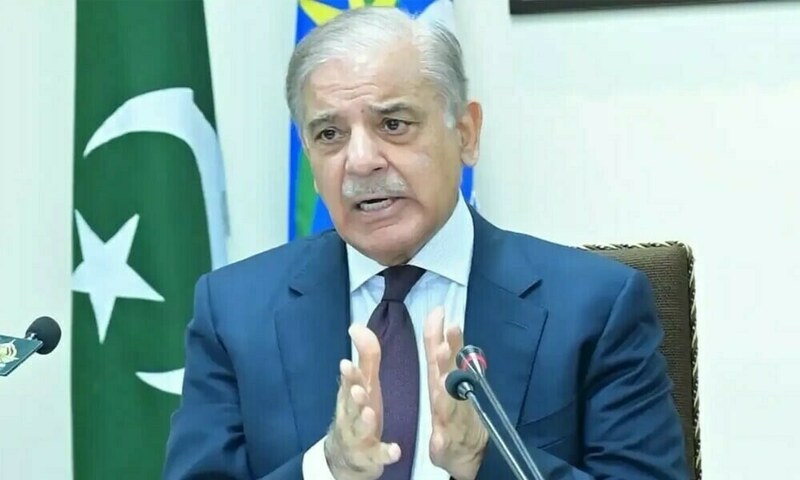EDITORIAL: Once again Prime Minister Shehbaz Sharif has made a politically correct statement that did not turn out to be very correct after all.
Speaking to a batch of probationary officers of the 51st Common Training Programme from the Information Services of Pakistan, he reiterated the government’s commitment to supporting the state media apparatus, underscoring its importance in “promoting national unity and educating citizens on key government initiatives”.
Clearly, whoever scripts the prime minister’s talking points is out of touch with reality.
For, there was indeed a time when state media provided insights on the government’s plans and activities, but that was in the days of its monopoly, and its importance waned in Pakistan long before it did in other countries.
Now, nobody turns to PTV (Pakistan Television) to waste their time being brainwashed by one-sided half-truths.
This is the century of the information revolution and people have far too many ready sources of information that they can tap at will to access whatever kind of material they prefer.
In fact, state media has all but lost relevance all over the world. Even one-time behemoths like Britain’s BBC are struggling to stay relevant.
History is full of examples that prove how you just cannot fight technology. And instead of marching backwards and wasting money on the so-called state information apparatus, the government should invest and facilitate private investment in promoting information technology; a sector that we lag far behind the neighbourhood in. But there, too, the government’s policies are self-defeating.
On the one hand the PM claimed he’d raise IT exports to USD25 billion per annum and on the other the government enforced the so-called firewall and needlessly curbed online activities and harmed the sector just when it was beginning to stand on its own two feet.
It seems the government desperately needs to revisit its priority list. It regularly cuts the PSDP (Public Sector Development Programme) allocation but never reins in its own wasteful expenditures. And it happily throws money into irrelevant areas, like state-run media, and deprives the most important sectors like information technology of the investments they need.
No wonder, then, that almost all countries around us have figured out better ways of enhancing production and exports while we languish at the bottom of the food chain, still depending on loans, rollovers, and dole-outs to stay solvent.
But you won’t get any of these facts, or even educated arguments about optimal allocation of very limited resources, on PTV, which is why the government only makes itself look silly when the head of the government presents arguments that started losing relevance two-and-a-half decades ago. Information is very serious business, no doubt; more so because people have access to it on their own.
They are free not just to receive, but also to create content. And most of the time they can readily see through official lies about the health of the economy, environment, nation, etc.
Rather than throw more good money after bad money, and try to breathe life into long dead state media that has no credibility whatsoever, the PM should incentivise investment in modern information technology and prop it up to a position where it can produce world-class professionals and earn precious foreign exchange for the country.
That was the original plan, after all, and it would have worked out fine if the government itself hadn’t sabotaged it by its curbs and clampdowns in its self-defeating attempts to keep people deprived of information about political developments.
One can only hope that it has learnt some important lessons on the way; even though, going by his own statements, that does not seem to be the case.
Copyright Business Recorder, 2024
Read the full story at the Business Recorder - Latest News website.


